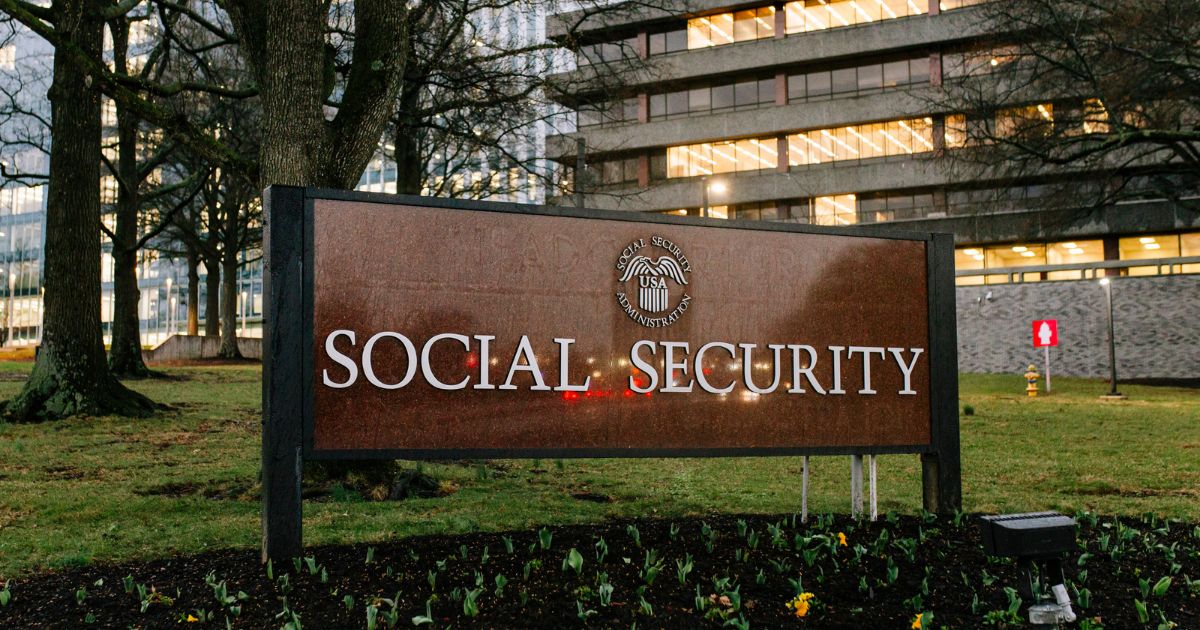With Irregular Arrivals Growing, EU Wants to Send More Migrants Away
By Gabriela Baczynska
STOCKHOLM, (Reuters) -EU ministers sought to curb irregular immigration and send more people home as arrivals rose from lows. This was in response to controversial ideas regarding asylum centres and border fences outside of Europe.
Frontex, the EU border agency, reported that there were 330,000 unauthorised entries last year. This is the highest figure since 2016. There was also a sharp increase in Western Balkans routes.
“We have a huge increase of irregular arrivals of migrants,” Ylva Johansson, Home Affairs Commissioner of the EU, spoke to 27 EU Migration Ministers. “We have a very low return rate and I can see we can make significant progress here.”
Denmark, Latvia and the Netherlands were among the countries that called for increased pressure via visas and development assistance towards the approximately 20 countries (including Senegal and Iraq) that the EU considers inept at cooperating on the return of their nationals who are not entitled to remain in Europe.
According to the executive of the bloc, only about a fifth are sent home. Insufficient resources and lack of coordination on the EU’s side is another obstacle.
According to Reuters, the ministerial talks are scheduled before the February 9-10 summit of EU leaders. They will also seek greater returns.
“The overall economic malaise makes countries like Tunisia change from a transit country to a country where locals also want to go,” An EU official said so. “That changes things. But it’s still very manageable, especially if the EU acts together.”
“WALLS AND FENCES”
This is however a difficult task in the bloc where immigration is a sensitive political issue and member nations are bitterly divided about how to share responsibility for caring for migrants arriving in Europe.
Since 2015, more than a million migrants crossed the Mediterranean. These chaotic scenes created a toxic environment that caught the bloc by surprise and encouraged anti-immigration sentiment.
Since then, the EU has tightened its asylum laws and external borders. The debate is back in the forefront, with many people resuming their movements after the COVID pandemic.
Denmark and Rwanda have held talks on how to handle asylum seekers from East Africa. Others called for EU funding for a border fence between Bulgaria, Turkey, and Bulgaria – both of which were previously considered taboo.
“We are still working to make that happen, preferably with other European countries but, as a last resort, we’ll do it only in cooperation between Denmark and, for example Rwanda,” Kaare Dybvad was the Immigration Minister.
Eric van der Burg, the Dutch minister, stated that he is open to EU funding for border barriers.
“EU member states continue making access to international protection as difficult as possible,” The Danish Refugee Council is an NGO that reported on Thursday about the systemic pushbacks of people at bloc’s outer borders. This was a violation of their rights to claim asylum.
While EU countries protest against irregular migration, which often includes Muslims from the Middle East or North Africa, Germany seeks to open its labor market to highly-qualified workers from outside the bloc.
“We want to conclude migration agreements with countries, particularly with North African countries, that would allow a legal route to Germany but would also include functioning returns,” Nancy Faeser, Interior Minister, spoke in Stockholm.
(Additional reporting by Philip Blenkinsop, Bart Meiejer and Gabriela Baczynska. Editing by Bernadettebaum.
" Conservative News Daily does not always share or support the views and opinions expressed here; they are just those of the writer."





Now loading...